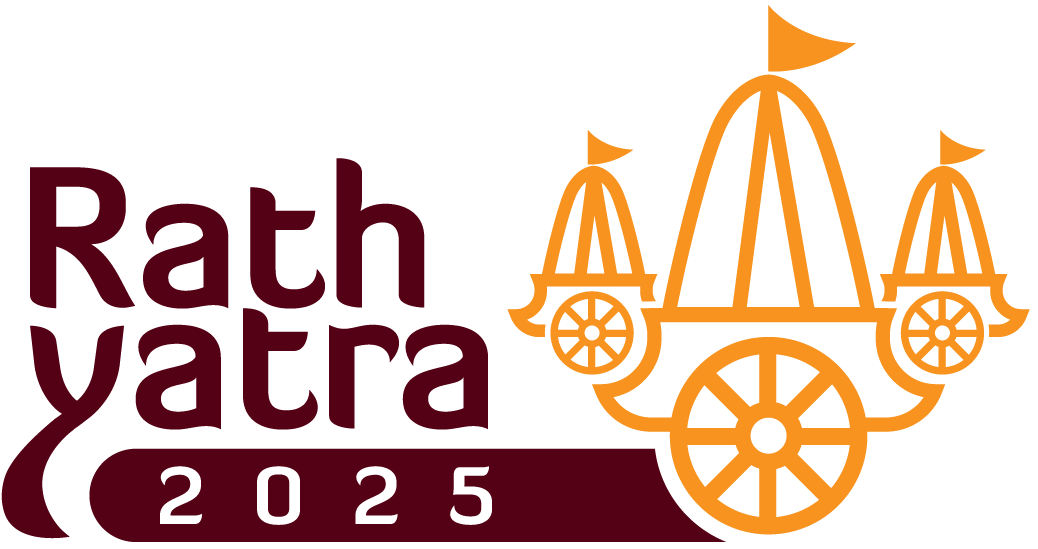
Adani @ Rath Yatra
Stirring the Pot, Serving the Spirit: Gautam Adani’s Silent Seva in Puri
 On a sweltering day in Puri, the ancient coastal town in Odisha, amid the chants of
“Jai Jagannath,”
Gautam Adani, the Chairman of Adani Group, walked into a community kitchen already
buzzing with
activity: volunteers stirring pots of khichdi, chopping vegetables, and kneading
dough to bake rotis.
Without the familiar trappings of ceremony, he tied a simple cotton apron, rolled up
his sleeves, and
joined in—offering food, not seats; empathy, not address.
On a sweltering day in Puri, the ancient coastal town in Odisha, amid the chants of
“Jai Jagannath,”
Gautam Adani, the Chairman of Adani Group, walked into a community kitchen already
buzzing with
activity: volunteers stirring pots of khichdi, chopping vegetables, and kneading
dough to bake rotis.
Without the familiar trappings of ceremony, he tied a simple cotton apron, rolled up
his sleeves, and
joined in—offering food, not seats; empathy, not address.
Each ladle he handed out served more than nourishment; it carried reverence. Mr.
Adani. Along with his
wife Dr. Priti Adani, Chairperson, Adani Foundation; and eldest son Mr. Karan Adani,
Managing Director,
Adani Ports & Special Economic Zone (APSEZ) visited Puri on 28 June on the
second day of the nine-
day-long sacred festival.
Pilgrims—some exhausted from their pilgrimage, others sitting cross-legged on the
temple
grounds—received a plate with a warm smile. Conversation flowed freely, not
corporate protocol but
human connection: “Where are you from?”; “Here’s a little extra spice for you.” In
each exchange, Mr.
Adani was not “the chairman”; he was a sevak—service incarnate.
The billionaire entrepreneur has often underscored that Seva Hi Sadhana Hai—that
service is worship. In
the kitchen’s heat, that idea took flesh. He washed vessels, arranged bowls for
pilgrims, and stepped in
wherever needed—to refill water cans, clear serving trays, calm anxious volunteers
who’d never felt such
pressure before.
Nearby workers took notice. Some had been with the rath Yatra for decades; others
were new recruits
from local communities, trained and guided by the Adani Foundation, the CSR arm of
the Adani Group. It
struck them deeply to see their leader knead dough with them or reach for a ladle
of dal, treating
everyone as an equal. It was leadership without hierarchy, compassion without
spotlight.
This seva wasn’t a one-off charity—it was part of a larger tradition.
Earlier this year, in Prayagraj’s Maha Kumbh Mela, Mr. Adani and his team had
prepared thousands of
meals and soups for pilgrim crowds. In Puri, the scale was different, but the intent
remained the same:
shared effort, cultural continuity, and quiet dignity.
Long before the Rath Yatra began, Adani Foundation teams had mapped kitchen
needs—quantities of
food, volunteer shifts, water and sanitation plans—blending logistical precision
with cultural
understanding. And now, amidst the saints and spectators, Mr. Adani became part of
that living tapestry,
quietly reinforcing that service isn’t seasonal—it’s spiritual.